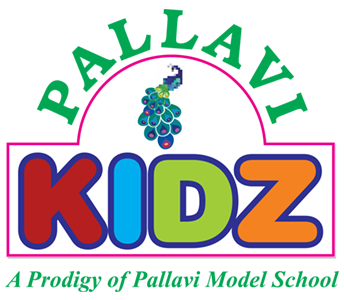Melt Down
Under stress from every front that one has held together during the pandemic, working from home, home schooling, civil unrest, breaking news channels threatening life with increasing number of covid 19 cases, blaring music or drums of the teenager in the house, – on top of it the dishes, laundry and your familial responsibilities, we are experiencing melt downs . When something seemingly small happens suddenly you feel like screaming, sobbing, beating or even rage, silence or emotional shut down.
A meltdown is the body’s natural mechanism to let go or cleanse itself of painful emotions held back for some time. An emotional melt down is a reaction to unexpected changes to life, routines that are overwhelming. It’s usually not something people can control. Intense feelings come out in the form of yelling, crying, lashing out , fleeing. some experts think overload sparks a fight-or-flight response. Melt downs and tantrums are different.
Tantrums are common in young kids like toddlers and pre-schoolers. They don’t yet have the language to express themselves or the self-control to keep emotions in check. They may yell, cry, or stomp their feet when they’re frustrated or are trying to get something they want or need.
But some kids keep having these strong emotional reactions as they get older. As teens or adults, they may be quick to get upset when something doesn’t go the way they hoped it would. Tantrums usually end once the person gets what they want or don’t see a benefit to continuing. But sometimes, a tantrum spirals out of control and turns into a meltdown.
For many kids and adults, meltdowns happen when they get too much information from their senses. The brain is too stimulated by sensory overload with certain sounds, sights, tastes, or textures. It gets overwhelmed trying to process it all. What most melt downs have in common is loss of emotional control. They occur when we no longer have emotional resources to deal with our stress.
Meltdowns tend to end in one of two ways: By changing or reducing the amount of sensory input or by just getting worn out. Some people may fall asleep. Others retreat inward and are unresponsive to the people around them as the nervous system resets.
Feeling embarrassed about a meltdown afterward is also human, particularly if it occurred in a public place. And there may be other repercussions, such as damaged relationships, if the meltdown included attacks on others.
The good news is that you can recover from a meltdown, and you can learn to manage the stressors in your life that threaten to push you over the edge, so that future meltdowns are less likely. Strategies for releasing tensions and fighting Pandemic 19 at times need interventions from professionals who integrate cognitive behavioural, emotion focussed interpersonal, narrative, existential and other approaches.
Professional free counselling services are available for students through CBSE portals and help lines. Manodarpan is another platform under the initiative of Ministry of Education that will provide free psychosocial support to students, parents and families for their mental health and emotional well- being.

